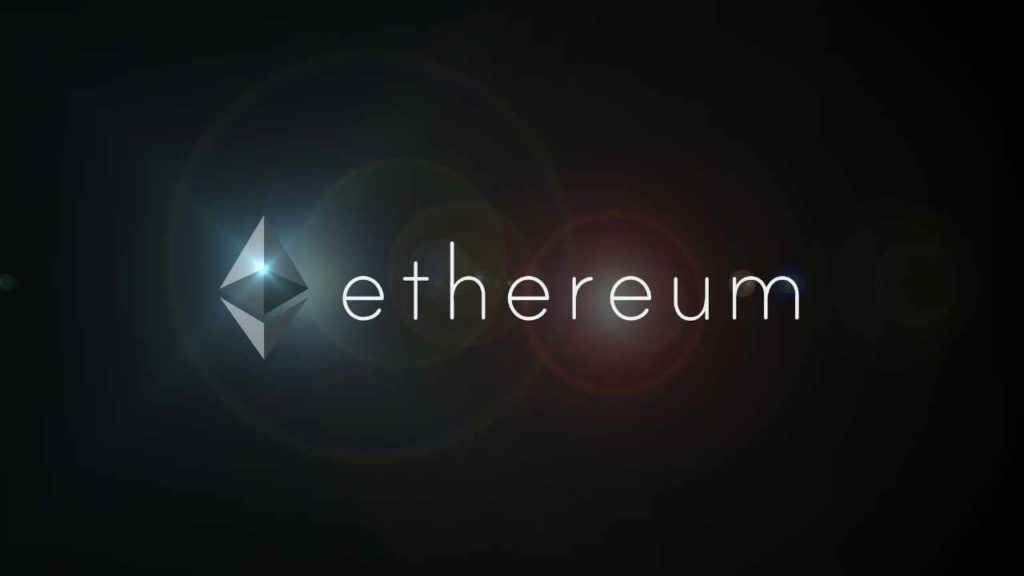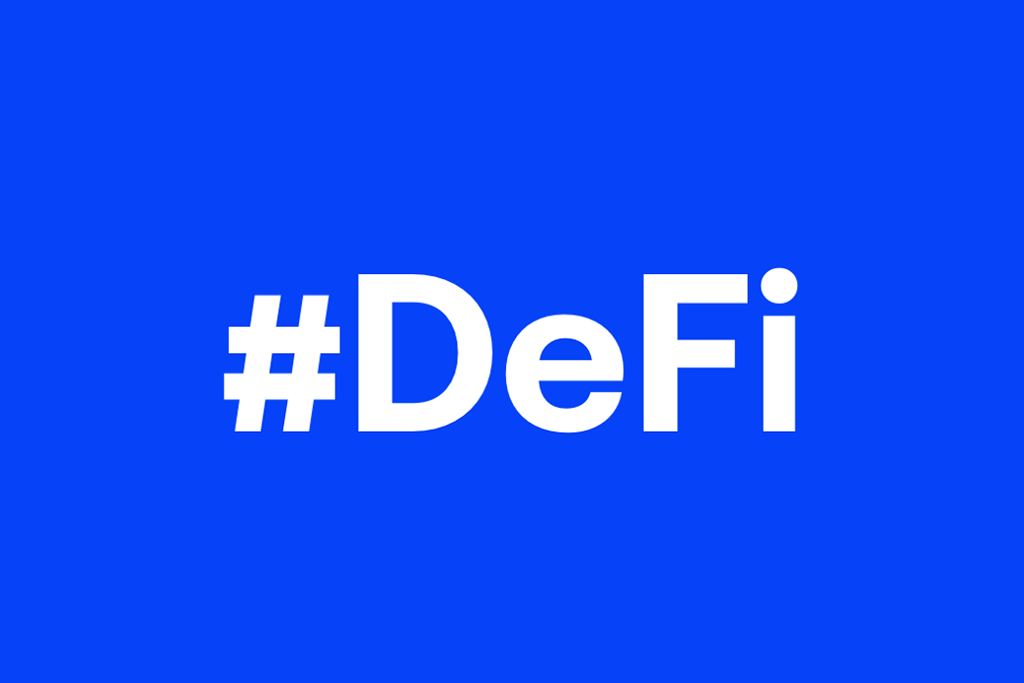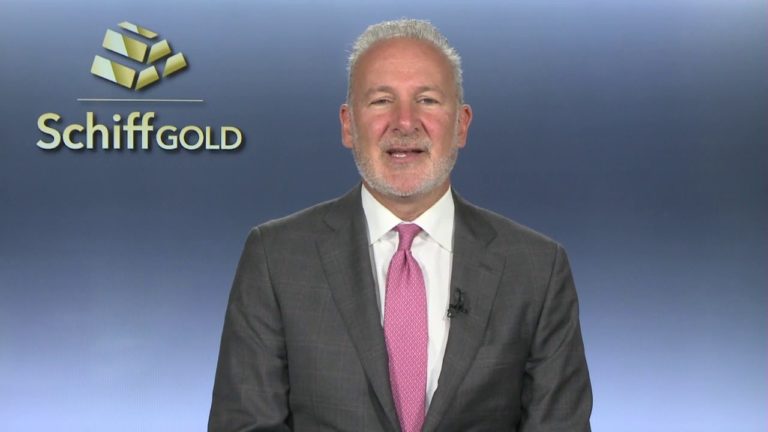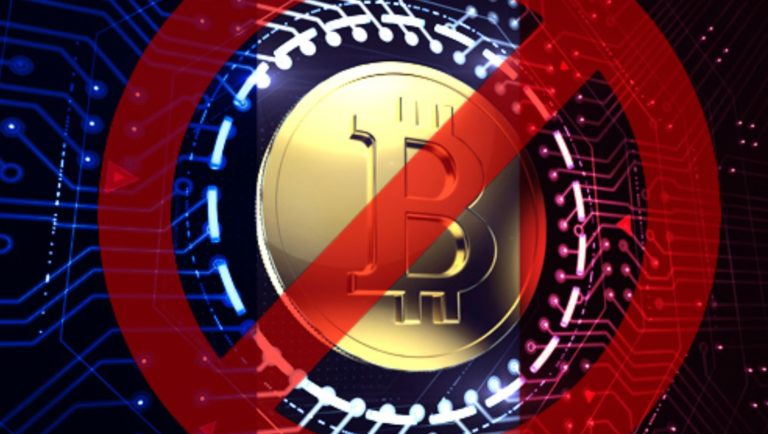What Is Decentralized Finance (DeFi)?
For awhile, the main value proposition for cryptocurrency was to buy it and hope it goes up in value. And surely, some people have made a lot of money that way.
But, in terms of real world usage, it hadn’t yet found it’s stride.
Sure, some of the coins out there have their own use case on their own blockchains. Dedicated to their own uses.
But, if crypto and blockchainBlockchain is the technology that underlies cryptocurrency. Not just Bitcoin, but all of them. Blockchain is a kind of ... is going to disrupt the world of finance, it has to begin to take over the role of finance in our lives.
It has to be used for REAL stuff. Stuff like… earning interest, getting loans, insurance, crowdfunding, etc. All the things that are typically managed by third parties (aka middlemen) who sit there and collect fees along the way.
This is what decentralized finance (or DeFiShort for Decentralized Finance. It is a brand new breed of finance that provides typical financial services in a decent...) is.
DeFi is an overarching term that refers to the new breed of financial applications in crypto and blockchain. These applications are meant to disrupt the world of traditional finance by removing intermediaries and empowering financial services in a decentralized way.
We’re moving beyond just commerce here. This isn’t about merely buying things with crypto. This is about… everything else.
DeFi Applications
Right now, most DeFi applications are built on top of the Ethereum blockchain.

If you’ve seen Ethereum, you might just know it as the second-most valuable coinSometimes referred to as a token, or a coin. The two terms are used pretty interchangeably. Essentially, it is a digital... in cryptocurrency. But, the intention of Ethereum is far greater than Bitcoin. While Bitcoin is meant to be used as money, Ethereum is built to be a global platform for decentralized, value-based applications. Think of it as… a whole new internet. An internet not just of information being thrown around, but… value.
One of Ethereum’s chief capabilities is called the smart contract.
At it’s core, the smart contract is a simple concept. It is, essentially, a digital contract that is programmed with certain criteria. It will automatically execute certain transactions if certain conditions are met. It will follow certain rules that are pre-defined and do it automatically. And because it is doing it on the blockchain and is automatic, it removes the need for a trusted intermediary.
As a simple example, let’s say you wanted to send money to another person, but only if another event takes place. That event could be something as simple as… if a certain team wins the Super Bowl. A smart contract could be set up with the terms. Data would be fed into it from another data source set to monitor the Super Bowl score. Depending on who wins, the smart contract will auto-execute the transaction.
That’s a simple example. Smart contracts can get a lot more complicated. The programming language of Ethereum is called Solidity. Using Solidity, smart contracts can be built and applications built to do all kinds of things.
Some of the most popular DeFi applications coming along right now are:
- Decentralized Exchanges (DEXs): These are exchanges where users can change one currency for another, but allows users to transact directly without the need for a central company to control the transaction.
- Stablecoins. These are specialized cryptocurrencies that are programmed specifically to follow the value of another currency. For instance, a stablecoinA stablecoin is a particular kind of cryptocurrency which is programmed to have it's value follow and be tied to a parti... tied to the US dollar would be programmed to always follow the value of the dollar itself.
- Loans. A new breed of “bank” is coming up now where you can get loans using collateral, do so very quickly and without the slow process of underwriting. It is all done in a smart contract.
- Earning Interest. The flip side of these lending platforms is that you can earn interest on your crypto holdings by allowing them to loan it out. Basically, you’re supplying liquidityLiquidity refers to the ease with which you can convert an asset back into cash (or sell it) without radically affecting... to them so they can loan it out, and in exchangeAn exchange is a platform that enables you to exchange one currency for another currency. It is a place where people can... you are paid interest. This is the way banks used to work, in fact.
- Prediction markets. Betting markets, but without a need for an intermediary.
There are more things you could categorize under the umbrella of DeFi. It is a big topic.
But, here’s the thing…
What this comes down to is a decentralized, all-digital alternative to traditional entities like banks, insurance companies… even Wall Street.
It is a new world of finance, but without the big office towers, trading floors, bank fees, and more.
It has the potential to open up financial services – real financial services – to the whole world. Accessible to anybody with an internet connection.
It is fully open.
It is highly flexible.
It can respect your personal identity. Most banks want to know EVERYTHING about you. That information can be leaked, hacked, etc. With DeFi, that risk goes away.
It is really fast. For instance, you can get a loan approved almost instantly. No human interaction. The rates are all public. You can even get “flash loans” for really short term stuff… something a regular bank cannot even do.
You can earn interest. With respectable rates. Rates that make your bank savings account look like a total waste of time, in fact.
That’s DeFi. In a nutshell.
It’s big. Really big. And we’re still really early in the development process.
In coming articles, we’ll dive more into aspects of DeFi and some real world usage of some of it. Truthfully, some of it gets a little deep and I don’t really understand it yet. But, that’s the thing about DeFi. You don’t need to understand ALL of it…. to use the stuff that’s really useful.







